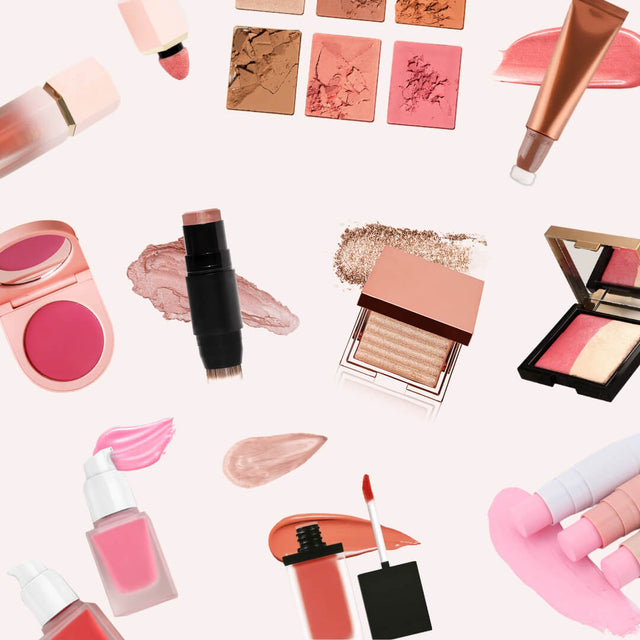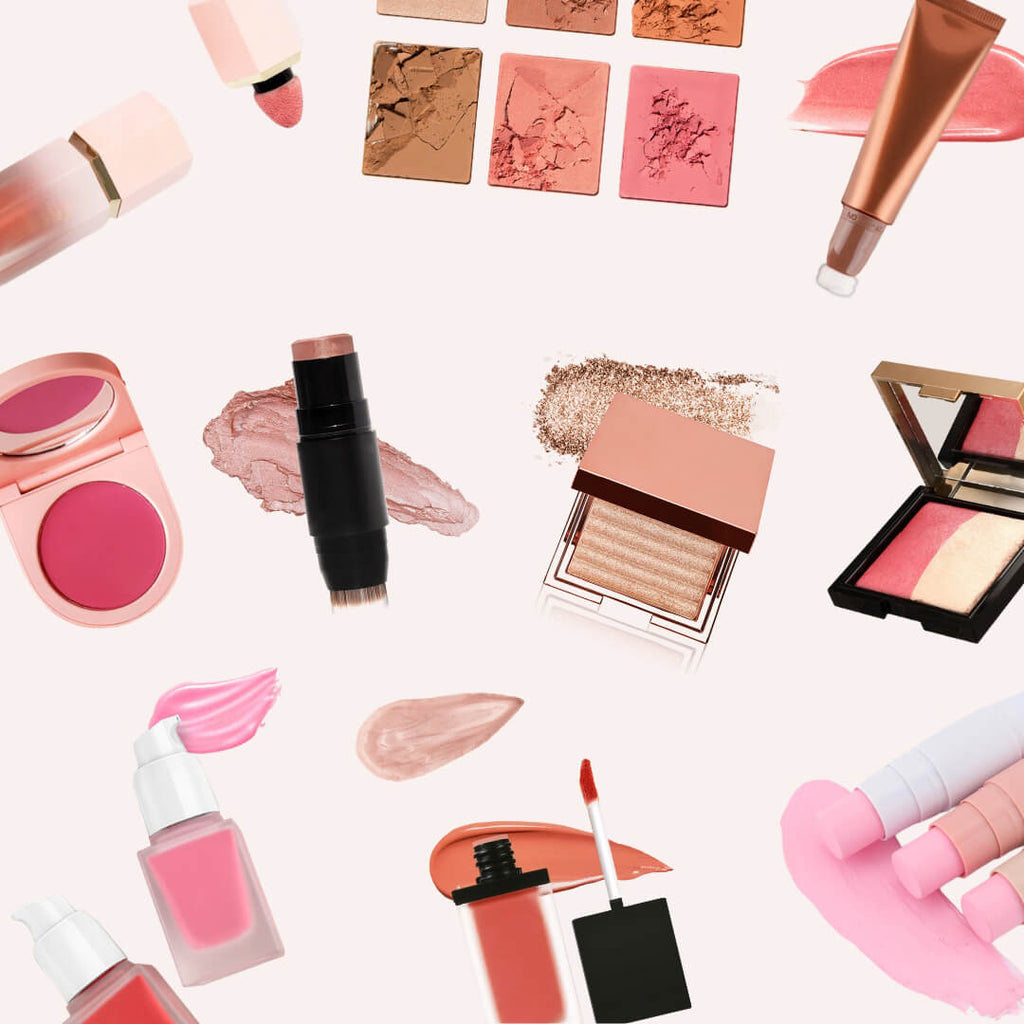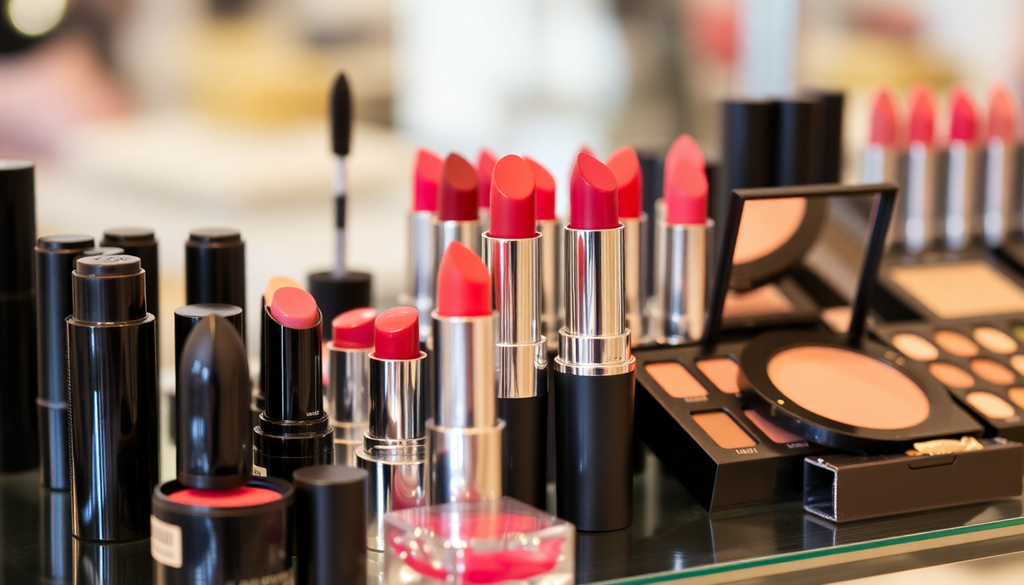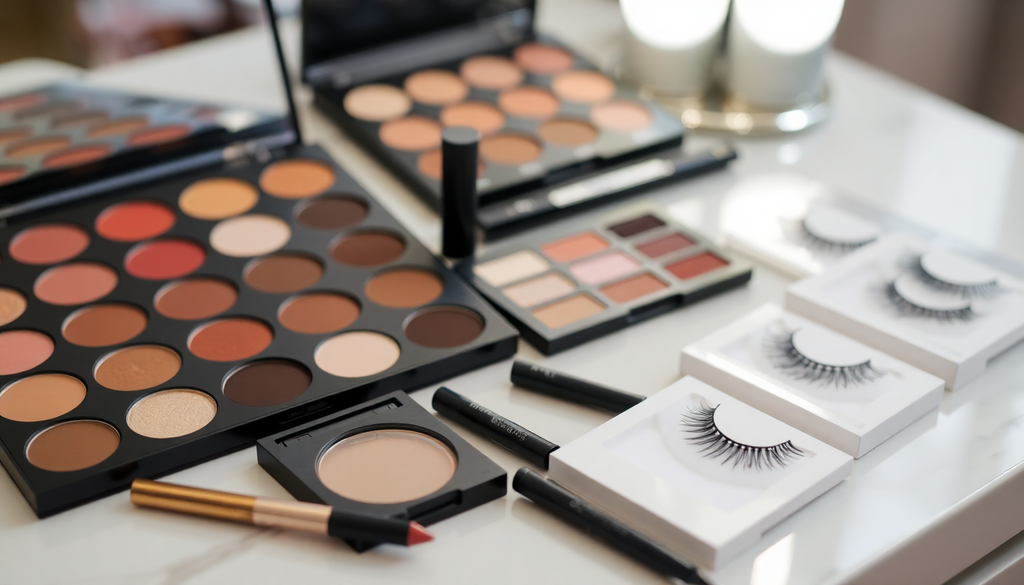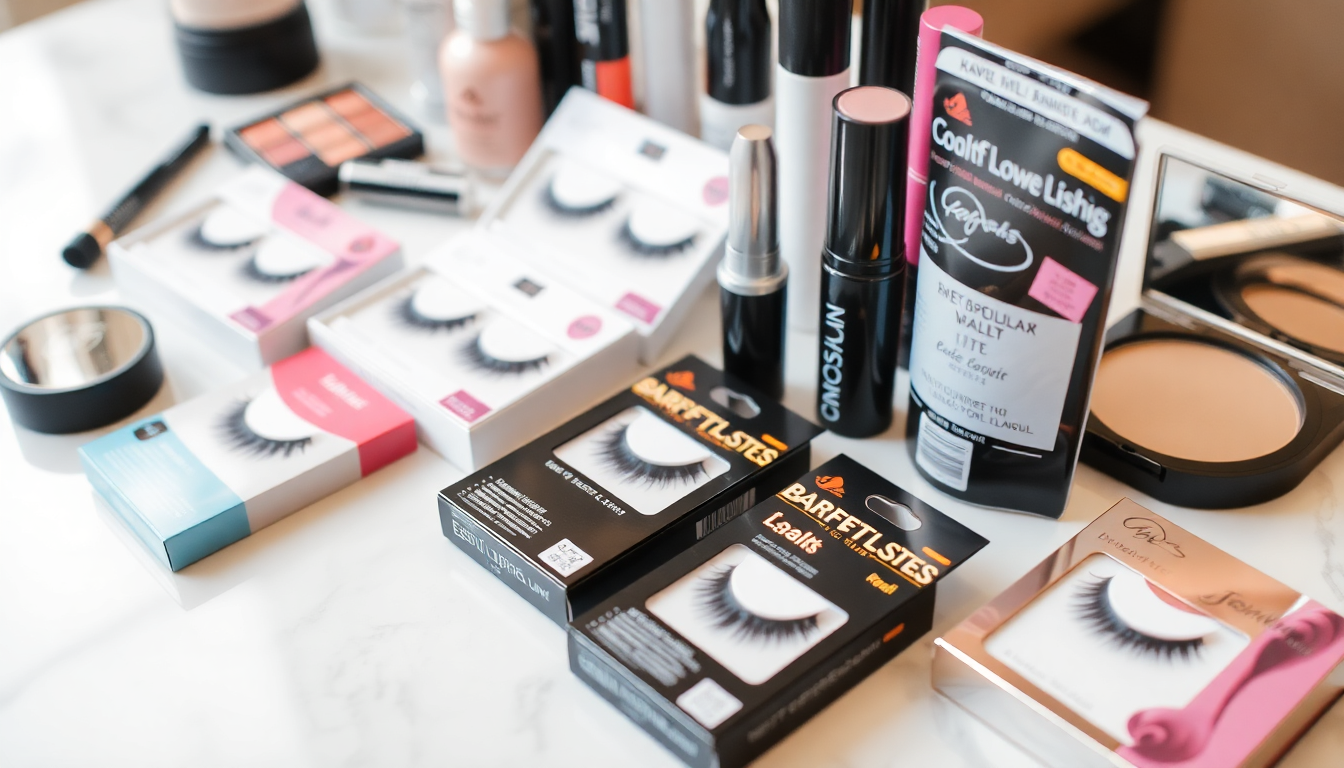
Launching Your Makeup Empire: A Comprehensive Guide to Private Label Cosmetics and Eyelash Packaging Without Minimum Orders
Introduction
In the dynamic and ever-evolving world of beauty, launching your own makeup line is not just a trend; it's a bold step towards entrepreneurship that combines creativity with strategic thinking. With the rise of private label cosmetics and the flexibility of eyelash packaging without minimum order requirements, starting your makeup empire has never been more accessible to aspiring beauty entrepreneurs. This comprehensive guide will provide you with detailed insights into setting up your makeup business, including essential information on cosmetic labeling, import policies, certifications, online store setup, and effective marketing strategies to ensure your brand stands out in a crowded market.
Understanding Private Label Cosmetics
Private label cosmetics are products manufactured by one company for sale under another company's brand. This business model provides an excellent opportunity for new entrepreneurs to enter the beauty industry without the overhead costs of product development and manufacturing. By partnering with a manufacturer, you can focus on branding, packaging, and marketing while they handle the production.
Here are some advantages of choosing private label cosmetics:
- Cost-Effective: You avoid the significant costs associated with formulating and producing products from scratch.
- Customization: Many manufacturers offer customizable formulas, allowing you to create unique products tailored to your brand's identity.
- Quick Time to Market: With established formulations, you can launch your products faster than developing from scratch.
Choosing the Right Manufacturer
Selecting the right manufacturer is a crucial step in your journey to launching a successful makeup line. Here are some tips to help you choose wisely:
- Research Reputable Manufacturers: Look for companies that specialize in private label cosmetics with positive reviews and a proven track record.
- Check Certifications: Ensure the manufacturer complies with industry standards, such as GMP (Good Manufacturing Practices) and ISO certifications, to guarantee product safety and quality.
- Request Samples: Before committing, request samples to evaluate the product quality and ensure it aligns with your brand's vision.
- Assess Communication: Good communication with your manufacturer is vital for a smooth partnership. Ensure they are responsive and willing to collaborate.
Labeling Requirements in Different Countries
Understanding cosmetic labeling regulations is essential for ensuring compliance and building trust with consumers. Each country has specific requirements regarding ingredient disclosure, safety warnings, and labeling formats. Here are key points for major markets:
-
United States: The FDA regulates cosmetic labeling under the Federal Food, Drug, and Cosmetic Act. Ensure to include:
- Ingredient list in descending order of predominance.
- Product weight or volume.
- Safety warnings and usage instructions.
-
European Union: The EU has stringent regulations under the Cosmetics Regulation (EC) No 1223/2009, which mandates:
- Product safety assessment before marketing.
- Full ingredient listing in INCI (International Nomenclature of Cosmetic Ingredients) format.
- Labeling in the official language of the country where the product is sold.
-
Canada: The Canadian Cosmetic Regulations require:
- Ingredient disclosure using common names.
- Product name and identity.
- Manufacturer's name and address.
Understanding Import Policies
Before importing cosmetics into your target market, it's crucial to familiarize yourself with the import regulations to avoid legal issues. Key considerations include:
- Tariffs and Taxes: Research any tariffs or taxes applicable to cosmetics in your target country, as these can significantly impact your pricing strategy.
- Import Permits and Licenses: Depending on the country, you may need specific permits or licenses to import cosmetics legally.
- Health and Safety Standards: Ensure that your products comply with local health and safety standards, which may involve additional testing and documentation.
Essential Certifications for Your Makeup Line
To build trust and credibility with consumers, consider obtaining certifications that align with your brand values. Here are some important certifications to consider:
- CRUELTY-FREE: This certification indicates that your products have not been tested on animals, appealing to ethically-minded consumers.
- Vegan: A vegan certification ensures that no animal-derived ingredients are used, catering to a growing market of vegan consumers.
- Organic: An organic certification signifies that your products are made from organic ingredients, which can attract health-conscious buyers.
- Gluten-Free: If applicable, this certification appeals to consumers with gluten sensitivities or celiac disease.
Setting Up Your Online Store
Today, an online presence is essential for any makeup brand. Here’s how to effectively set up your online store:
- Choose an E-Commerce Platform: Popular platforms include Shopify, WooCommerce, and BigCommerce. Consider factors like ease of use, scalability, and payment options.
- Design Your Website: Ensure your website is visually appealing and user-friendly. Invest in high-quality images and engaging product descriptions.
- Optimize for SEO: Incorporate relevant keywords into your product descriptions, blog content, and website metadata to improve your search engine ranking.
- Mobile Optimization: Ensure your website is mobile-friendly, as a significant portion of online shopping occurs on mobile devices.
Marketing Your Makeup Brand
Effective marketing strategies are vital for launching and promoting your makeup brand. Here are some approaches to consider:
- Social Media Marketing: Utilize platforms like Instagram, TikTok, and Pinterest to showcase your products. Regularly engage with your audience through posts, stories, and live sessions.
- Influencer Collaborations: Partner with beauty influencers to reach a broader audience. Consider gifting products for reviews or collaborating on limited-edition collections.
- Email Marketing: Build a mailing list to keep customers informed about new launches, promotions, and exclusive offers. Utilize personalized emails to enhance customer engagement.
- Content Marketing: Create valuable content such as blog posts, tutorials, and beauty tips to establish your brand as an authority in the beauty industry.
- Online Advertising: Consider running targeted ads on social media platforms and Google Ads to reach potential customers effectively.
Building a Brand Identity
A strong brand identity is essential to differentiate your makeup line from competitors. Here are key elements to consider:
- Brand Vision and Mission: Clearly define what your brand stands for and what you aim to achieve in the beauty industry.
- Unique Selling Proposition (USP): Identify what makes your products unique, whether it’s ingredient quality, innovative formulations, or sustainable practices.
- Visual Identity: Develop a cohesive visual identity, including a logo, color palette, and packaging design that resonates with your target audience.
Customer Engagement and Feedback
Engaging with your customers and gathering feedback is vital for continuous improvement. Here are ways to foster customer engagement:
- Encourage Reviews: Ask customers to leave reviews on your website and social media. Highlight positive feedback to build credibility.
- Conduct Surveys: Use surveys to gather insights on customer preferences, helping you tailor your product offerings and marketing strategies.
- Create a Loyalty Program: Reward repeat customers with discounts or exclusive offers to encourage brand loyalty.
Conclusion
Launching your makeup empire is not just a dream; it’s an achievable reality with the right knowledge, resources, and strategies. By understanding the ins and outs of private label cosmetics, adhering to labeling and import regulations, obtaining essential certifications, setting up an engaging online store, and implementing effective marketing strategies, you can establish a successful and thriving makeup brand in the competitive beauty industry. Start your journey today, embrace your creativity, and turn your passion for makeup into a flourishing business!

